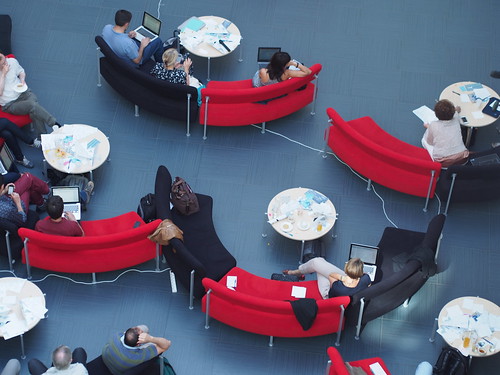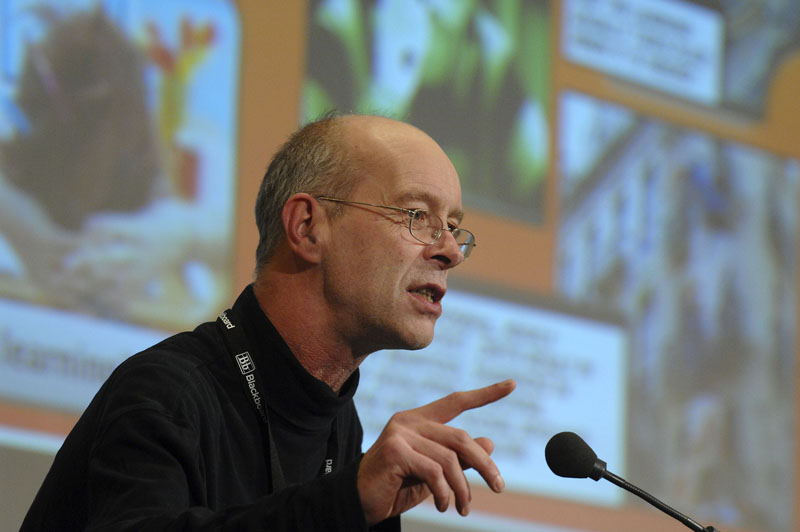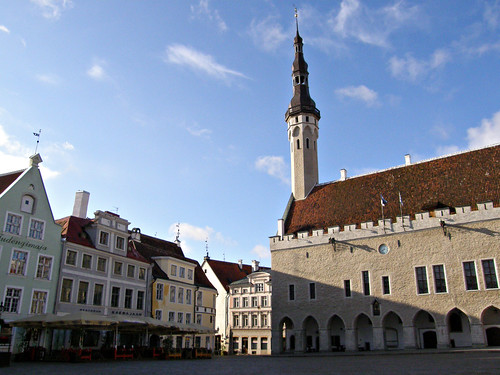I would like to thank all participants of the 5th International Conference on Personal Learning Environments 2014 for turning our little event into a very lively, engaging, and conversational encounter. Without your openness for playing with alternative session formats and the purposeful blending of programmed and more informal forms of engagement this type of conference would simply not be possible.

I would also like to thank again my fantastic organisational team in Tallinn – Dr. Kairit Tammets, Dr. Terje Väljataga, and Priit Tammets – who helped in so many ways to turn the overall event into a rather pleasant experience for all of us.
The Tallinn Team will try to slow down and rest a bit in the coming days before we rejoin and start curating some of the digital traces that were produced during and around last week.
I hope you all took something interesting – or even inspiring -with you from Tallinn!
All the best,
Dr. Sebastian HD Fiedler – Tallinn Conference Chair








